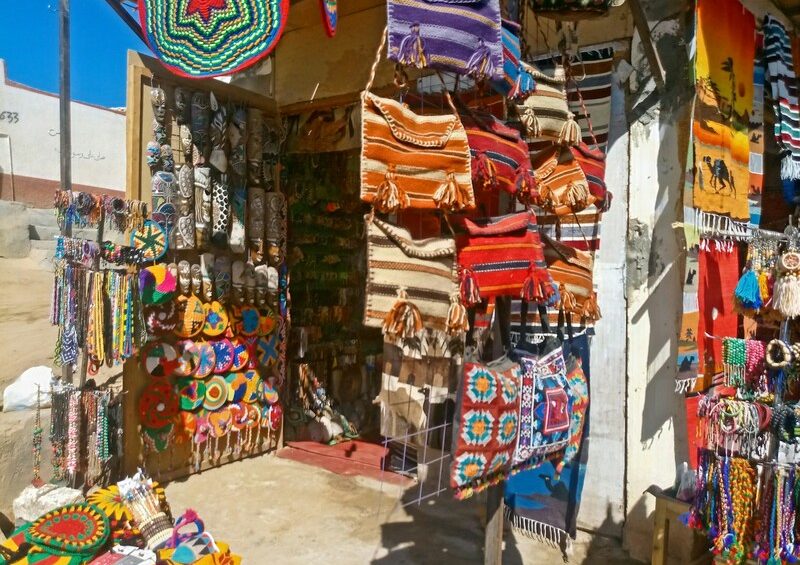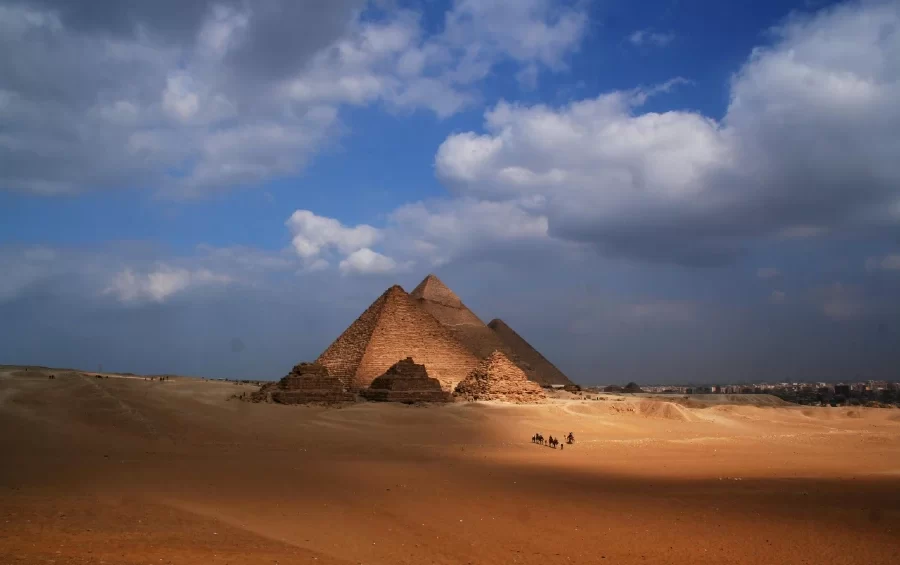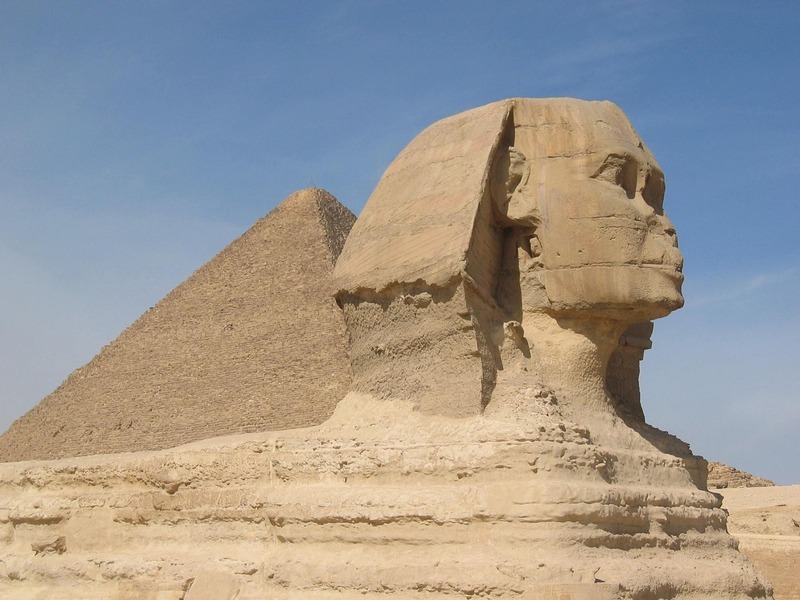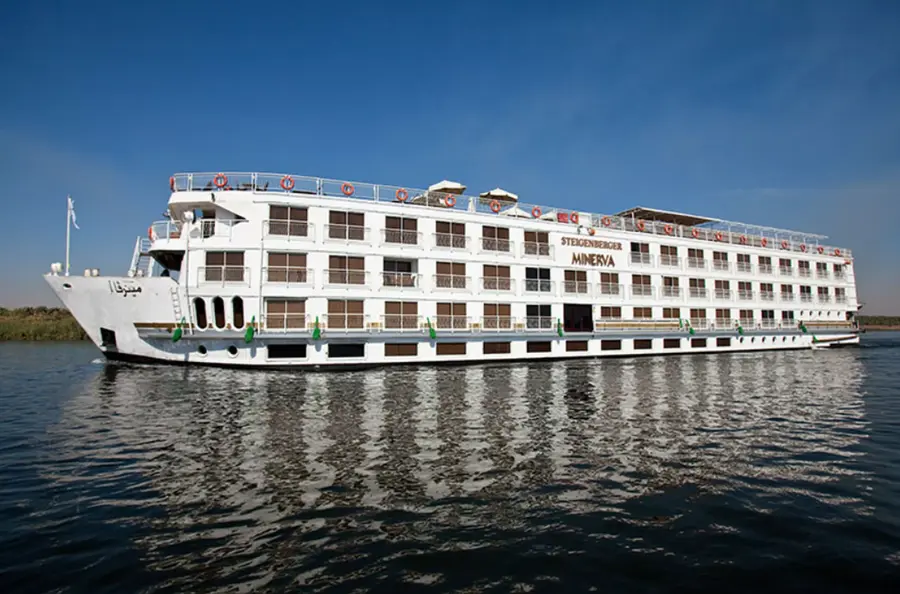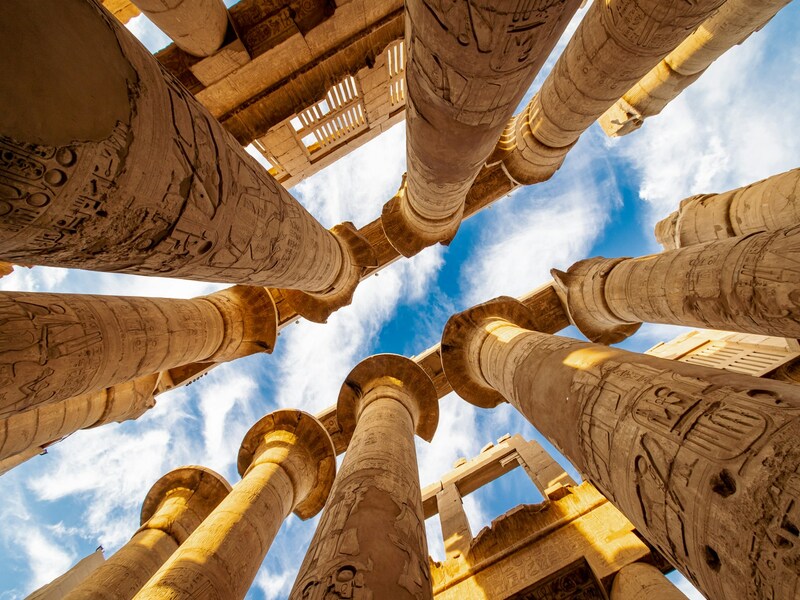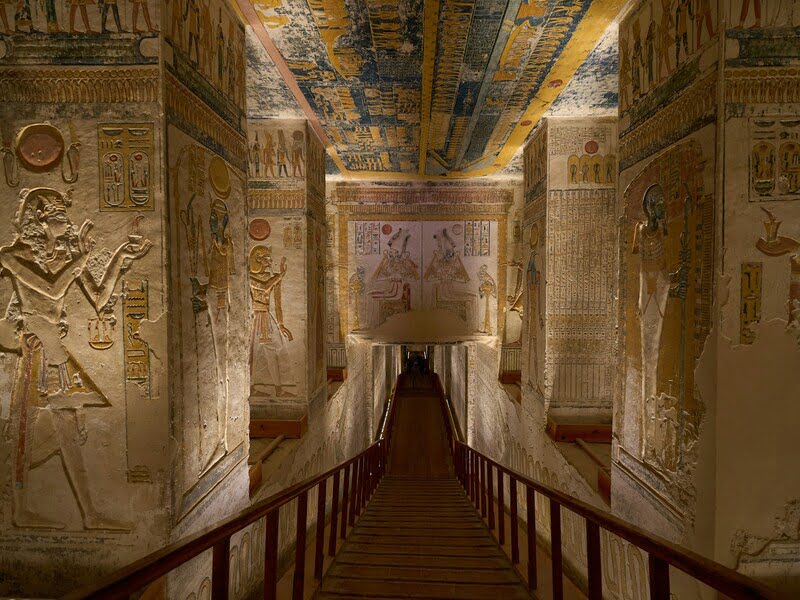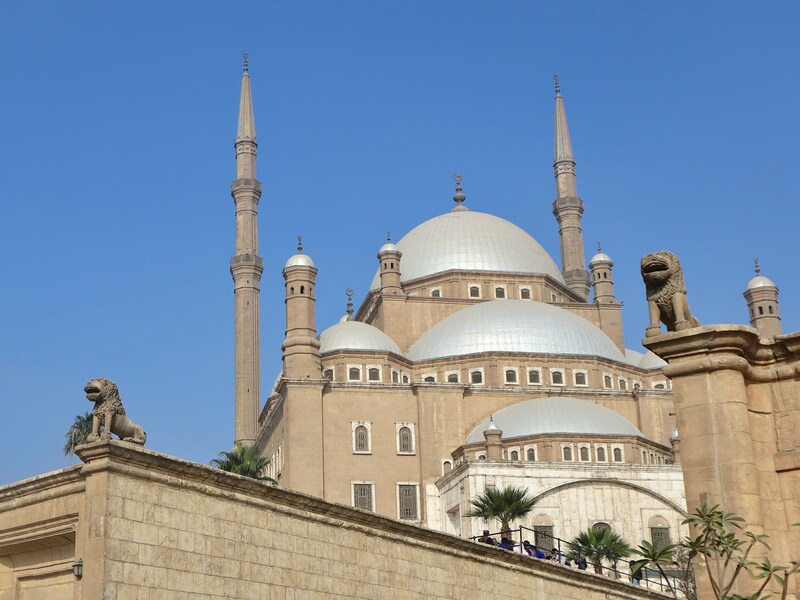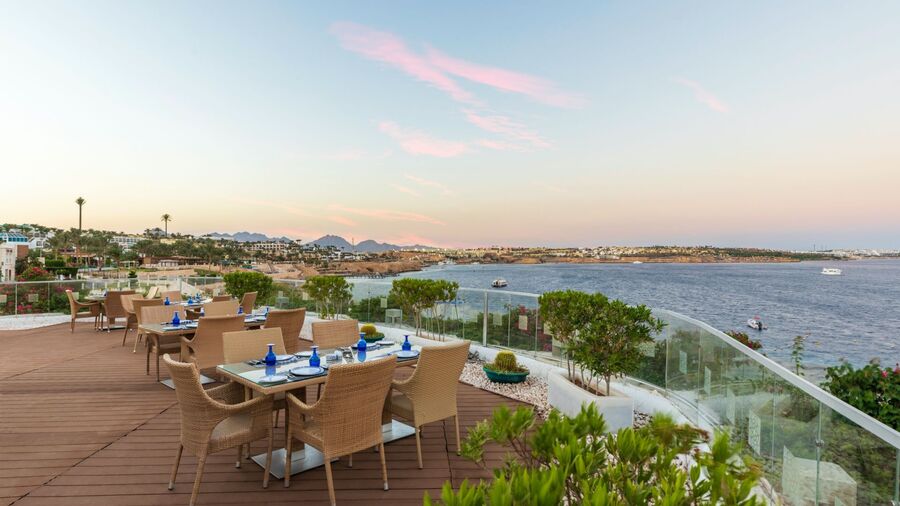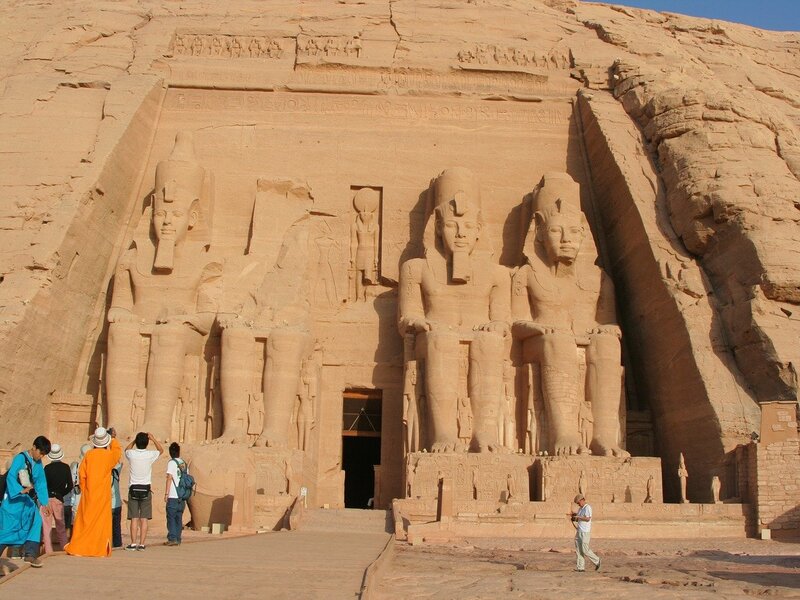Nubian Culture in Aswan: Traditions, Heritage & Daily Life
Nubian Culture in Aswan: Traditions, Heritage & Daily Life
When most travelers think of Aswan, the mighty Nile, ancient temples, and golden sunsets come to mind. But there is another side of this southern Egyptian city that is just as fascinating—the vibrant and colorful Nubian culture in Aswan. Known for its unique traditions, striking architecture, warm hospitality, and rich history, the Nubian community offers a cultural journey that beautifully complements any trip to Egypt.
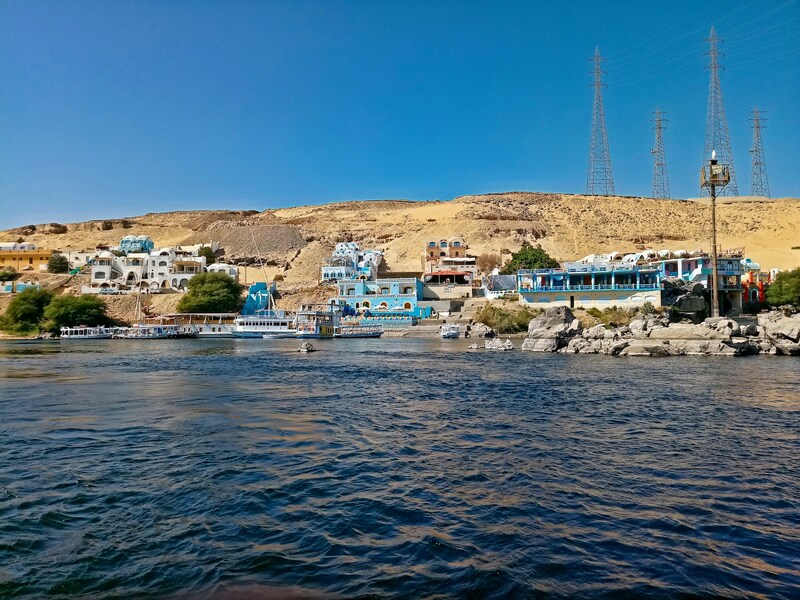
Who Are the Nubians?
The Nubians are one of the oldest civilizations in Africa, with roots that date back thousands of years. Historically, Nubia stretched along the Nile between southern Egypt and northern Sudan. Today, Nubian culture is most alive in the villages around Aswan, where people preserve their heritage through language, music, and traditional ways of life.
The Colorful Houses of the Nubian Village
One of the first things visitors notice in a Nubian Village in Aswan are the vividly painted houses. These homes are decorated with geometric patterns, bright blues, yellows, and reds, often with symbols of the Nile, crocodiles, and desert life. Each design tells a story and reflects the identity of the family that lives inside. These homes aren’t just beautiful—they are part of a living heritage.
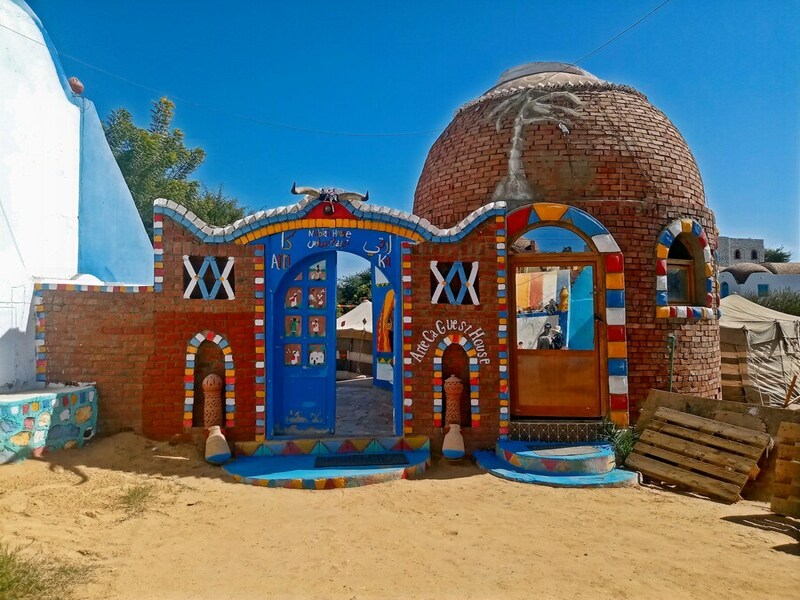
Nubian Traditions and Daily Life
Nubians are known for their strong sense of community and warm hospitality. Guests are often welcomed with hibiscus tea, traditional food, and a friendly smile. Many families still cook in clay ovens and weave handmade textiles. Music and dance play a central role in celebrations, with drumbeats and folk songs passed down through generations.
Exploring Nubian culture means learning about a lifestyle closely tied to the Nile River. Fishing, farming, and river transport have long shaped daily routines, and the Nubians’ deep respect for nature is evident in their crafts and traditions.
Language and Identity
The Nubian language is one of the most unique aspects of this culture. Unlike Arabic, it is part of the Nilo-Saharan language family and has been spoken for centuries. While Arabic is widely understood, many Nubians still pass their native language on to younger generations as a proud symbol of identity.
Nubian Handicrafts and Souks
No cultural journey would be complete without exploring a Nubian souk. Here, visitors can browse handmade jewelry, colorful scarves, spices, baskets, and pottery. These crafts are more than souvenirs—they are a connection to Nubian traditions and support local artisans.
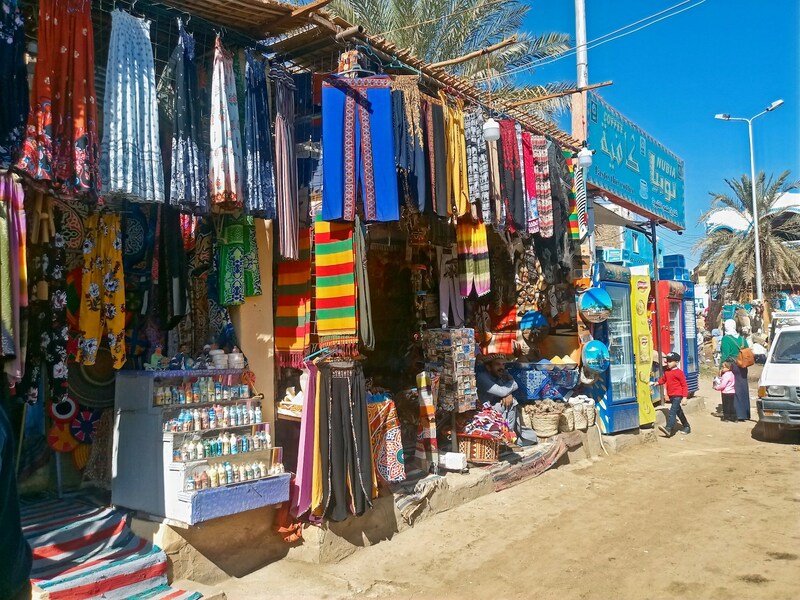
Why Nubian Culture Matters
Understanding Nubian traditions adds depth to any trip through southern Egypt. This heritage is not only about history—it is a living culture that continues to thrive despite challenges. By visiting a Nubian Village in Aswan, travelers not only enjoy a unique cultural experience but also contribute to preserving this heritage for future generations.
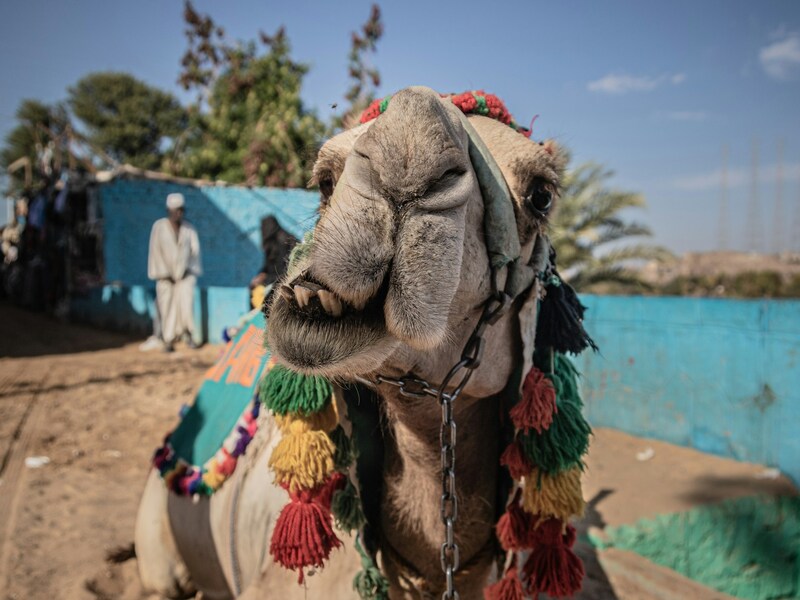
How to Experience Nubian Culture Firsthand
The best way to experience this heritage is through a guided visit to one of the Nubian villages along the Nile. You can stroll through the colorful streets, meet local families, and learn about their traditions directly from the people themselves. Many tours also include boat rides along the Nile, giving travelers a chance to see the villages from the water.
For those planning an Egypt trip, exploring Nubian culture is one of the most enriching things to do in Aswan. It’s an experience that goes beyond temples and monuments, allowing you to connect with the heart and soul of the region.
Ready to experience the charm of the Nubian Village firsthand? Book your Nubian Village Tour in Aswan today and let us take care of every detail for you.

